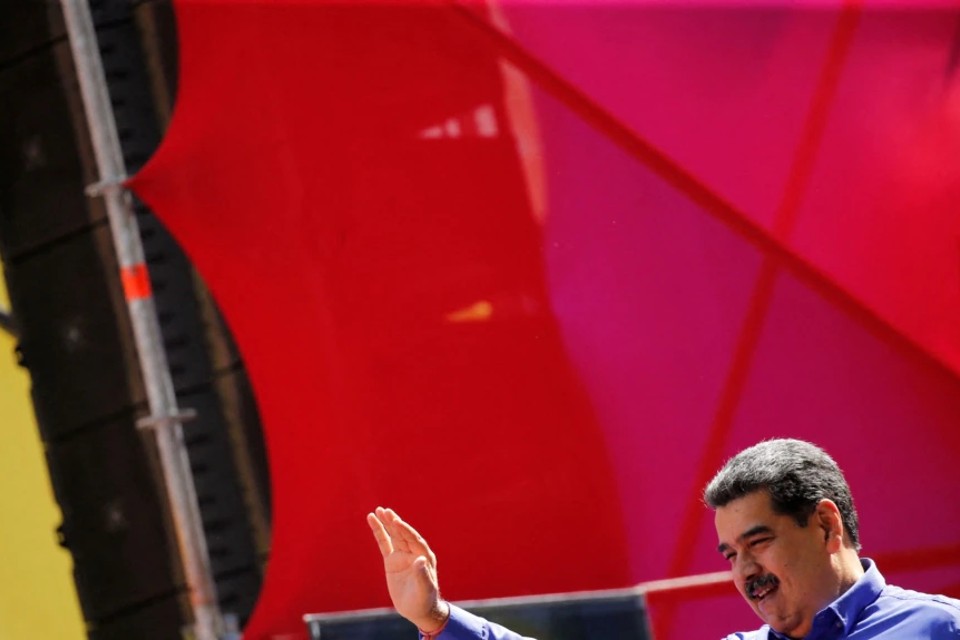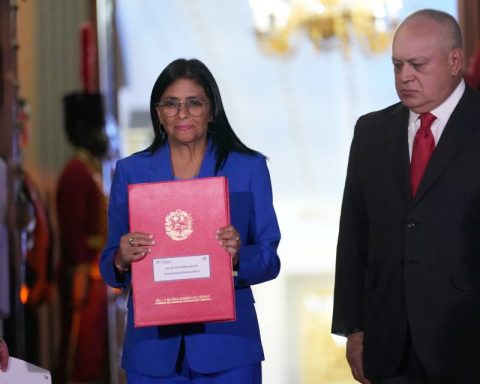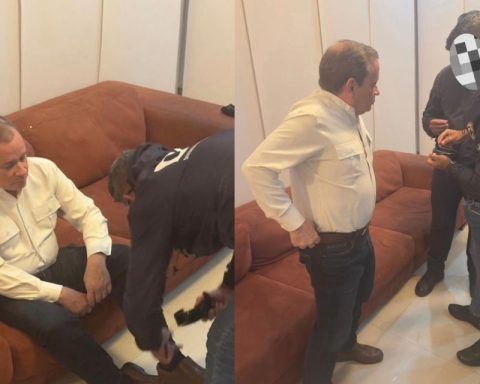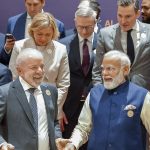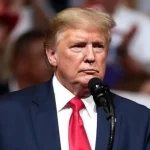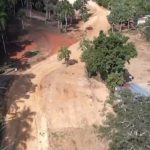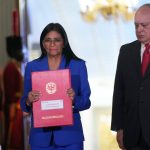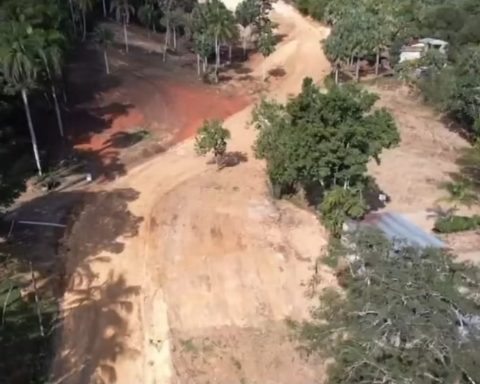Nicolás Maduro met with the Iranian Minister of Petroleum in Caracas. Contacts with the White House are no more than “tactical”, at least for now, analysts say. Venezuela needs to market its oil despite the sanctions against Russia and the Iranian experience is useful, they explain
Text: Gustavo Ocando Alex
The meeting of the Venezuelan president, Nicolás Maduro, with the Iranian oil minister is a natural move for the alliance of their governments, while Caracas makes only “tactical” contacts to revive its relations with Washington and seeks new ways to collect its oil exports after international sanctions on Russian banks.
This is the opinion of two specialists in international relations, consulted by the Voice of America about the official visit to Venezuela of Iran’s Oil Minister, Javad Owji, this week.
A statement from the Oil Ministry of the Maduro government indicated that Owji traveled to Caracas to “continue deepening the bilateral cooperation mechanisms” and continue building “routes and mechanisms to overcome the unilateral coercive measures” of the United States, as Chavismo calls the economic sanctions imposed since 2017 by Washington.
Little was known about his agenda in Venezuela. He was received by the Venezuelan Oil Minister, Tareck El Aissami, a man wanted by US justice on criminal charges and sanctioned for five years by Washington.
Maduro, who met with Owji, has defined the relationship with Iran as strategic in recent years. The Iranian government has sold gasoline and other crude derivatives to Venezuela, with an emphasis on the transfer of condensates to produce fuel in the South American country’s refineries.
*Also read: Capriles: salary can be improved if oil is allowed to be sold in the West
El Aissami said in a video posted on social networks that it was “a pleasure” to have the Iranian official in Venezuela. Iran is, along with Russia and China, one of the main commercial and political allies of the Maduro government.
The Venezuelan president also met with Owji, a meeting that he described as “productive to deepen the ties of brotherhood and cooperation in energy matters,” as published on his official Twitter account.
He also called it a “brother country” and guaranteed its support to achieve a “shared benefit and complementarity for our peoples.”
Venezuelan emergency
Owji’s visit comes two months after a high-level US government delegation visited Caracas to meet with Maduro at the Miraflores Palace. Juan González, Biden’s adviser on national security, and Ambassador James Story participated in the meeting in March.
Information agencies reported that the United States was discussing with Venezuela the possibility of reducing economic sanctions and reactivating the shipment of oil to North America in the midst of the veto on Russian energy products.
At the end of April, The Economist published a report reporting on a future meeting between the governments of the United States and Venezuela in Trinidad and Tobago, where Maduro’s vice president, Delcy Rodríguez, would participate.
There was strong criticism in the United States of Biden’s delegation’s trip to Venezuela, especially from the Republican party. The White House ruled out that it is contemplating for now to reactivate oil cooperation.
Jonathan Benavides, a political scientist and international political analyst specializing in the geopolitics of Russia, Eastern Europe and the Middle East, recalls that Iran puts its 43-year experience at the service of Venezuela by marketing its oil on the world market despite US sanctions.
Since the rise to power of the leftist leader Hugo Chávez, in 1999, Venezuela gave “a change of direction” towards the Islamic Republic of Iran given its coincidences of anti-American discourse, he notes.
“These oil cooperation agreements go further. They are political cooperation agreements between rival states of the United States, ”he points out.
Venezuela has had even greater cash problems after the embargoes and sanctions of multiple countries against Russia, which since 2019 put its banking at the order of Caracas to market its oil despite the sanctions.
“Venezuelan oil operations had been triangulating through Russian banking since the conflict in Ukraine. All those operations ceased. Iran has had to find alternative ways to market its oil and it is an experience that helps Venezuela to streamline its operations, ”she says.
Benavides points out how Venezuela’s oil exports fell between March and April, that is, a month after the Russian invasion of Ukraine, from 580,000 to 420,000 barrels per day.
“Venezuela could not coordinate how to collect that oil. You need to put it into circulation on the market” and that explains Owji’s visit, he says.
*Also read: Expert assures that Maduro can press to reestablish relations in exchange for oil
Maduro’s tactical plays
For his part, Félix Gerardo Arellano, a specialist in international relations, affirms that Venezuela does not feel that its immediate relationship with the United States is evolving to a “fluid” status.
“Tactical meetings are being held and the energy issue could be the most relevant, but Biden is not willing to make a change in strategy that implies a removal of sanctions for nothing. He is not going to allow the Republican party, nor the Congress. They are tactical plays,” he tells VOA.
The Miraflores Palace, the seat of Venezuelan power, is aware that a “new” alliance with Washington is not in the making, one that will provide immediate results, he believes. “You keep playing your traditional allies,” he adds.
The specialist considers that Venezuela has given signals “against” Biden: he releases some political prisoners and meets with his envoys, but, on the other hand, promotes a judicial reform that the opposition values as unconstitutional.
On the part of Iran, says Arellano, pragmatism is noticeable. Although he reaffirms his agreements with Maduro, he remains in a dialogue with the United States, mediated by the European Union, to reincorporate it into the nuclear agreement.
The five permanent members of the Security Council, plus Germany and Iran, have been discussing since February how to return to the 2015 Nuclear Agreement. That pact included Tehran’s commitment not to develop atomic weapons.
Former President Donald Trump unilaterally withdrew his nation from that agreement in 2018. Iran demands that the United States withdraw its sanctions.
“Both in Iran and in Venezuela they know that there is no new alliance with the United States. They are very difficult tactical moves. The one in Iran is much more complex than the one in Venezuela”, with Israel and the Republicans attentive, he points out.
Benavides, for his part, explains that the United States wants to preserve stability in world oil markets and, therefore, its contacts with Venezuela. “I think those conversations (with Maduro) have advanced quite a bit. Yes, an agreement is being worked on ”in energy matters, he assures.
Post Views:
40
